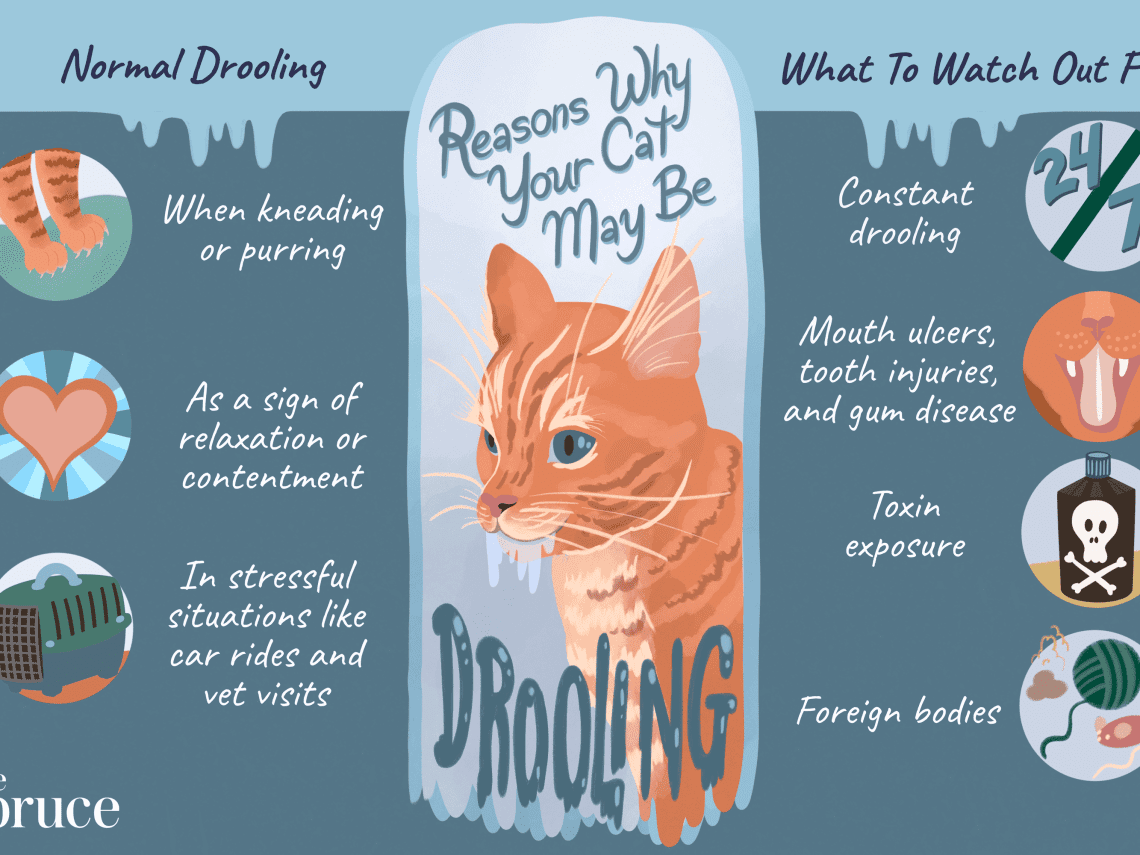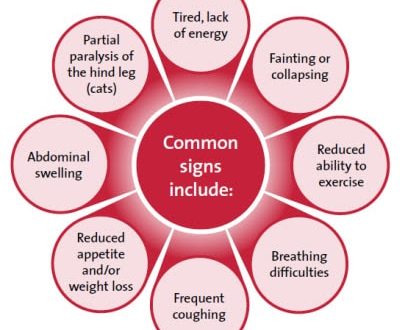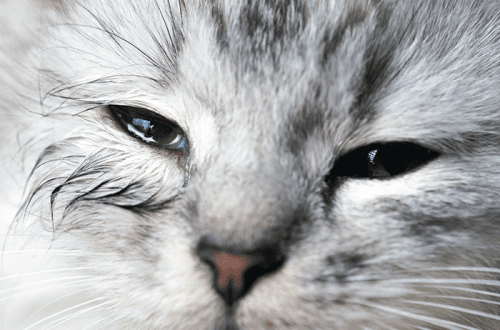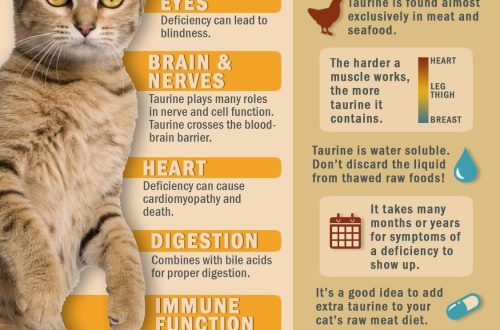
Causes of salivation in cats
In a normal state, a cat does not drool just like that. This symptom can be caused by physiological or pathological causes. Here’s how to know when to worry.
Contents
Signs of increased salivation
Increased salivation in a cat is scientifically called hypersalivation. In the normal state of your pet, the fur around the mouth may be slightly damp, but with a number of symptoms it is worth worrying.
Signs of hypersalivation:
- Saliva drips onto the floor.
- The chin and fur around the mouth are always wet.
- Drooling flows even in a dream.
- The cat washes frequently and for a long time.
- Hair on the neck and cheeks may become icicles.
- In the cat’s habitats (couch, favorite place on the couch), you can find wet footprints.
- The cat rubs against furniture and corners.
- The cat often swallows saliva.
- The tip of the tongue may stick out of the mouth.
Physiological causes
In a situation where a cat is drooling, it is not always necessary to urgently consult a doctor. Some reasons are not dangerous.
Taking bitter medicine. An unpleasant taste causes the salivary glands to work in an enhanced mode. However, the duration of such a reaction is not more than 20 minutes, if salivation lasts longer, we recommend that you contact your veterinarian. If the drugs are prescribed for a long time, then with the subsequent intake, salivation may begin even at the sight of the medicine.
Teething. Between the ages of 3 and 6 months, a cat’s milk teeth are replaced by permanent teeth. The process may be accompanied by slight inflammation in the oral cavity. Also, the animal at this time has an unpleasant odor from the mouth.
Reaction to feed. The sight and smell of food can make your cat drool. This happens especially often if the animal is fed by the hour.
Motion sickness. Riding in a car can cause familiar sensations of motion sickness – nausea, vomiting, or increased salivation. All symptoms will go away on their own when the animal is back at home.
Stress. The source of feline experiences can be annoying attention, guests, moving, a new animal, changes in the environment. Nervous licking and drooling will subside once the cat gets used to the change.
The caress of the owner. Proximity with the owner causes not only hearing pleasant purring, but also drooling. This is especially true for sphinxes and orientals.
Anesthesia. After the operation, when the cat sleeps for a long time under the influence of medications, the salivary glands work slowly. After awakening, saliva may be more than usual.
Pathological causes
Unfortunately, cats drool heavily even in the presence of serious diseases. Usually, in addition to this symptom, there are other accompanying signs. Any disorder should be suspected if hypersalivation lasts more than two hours in a row.
Poisoning. Salivation is accompanied by fever, nausea and vomiting, and stool disorders. The cause of poisoning can be carelessly left chemicals, leaves of domestic plants poisonous to cats, expired food. Poisoning can be fatal, so you need to contact your veterinarian immediately.
Diseases of the oral cavity. Inflammation of the gums (gingivitis), stomatitis, a cyst of the salivary glands, as well as a bone stuck in the teeth or throat give the animal a lot of discomfort. If possible, you need to examine the cat’s oral cavity. If you see changes or a stuck object, contact your veterinarian, he will be able to prescribe a full treatment.
Allergy. Itching, redness of the skin, runny nose and even coughing complete the picture of an allergic reaction. The allergen must be identified and eliminated, because frequent interaction with it can lead to the development of bronchial asthma.
Helminthiasis. Stool disorders, vomiting, loss of appetite and weight are also signs of helminthic lesions. You can avoid it if you regularly deworm your cat.
Viral infection. These include rhinotracheitis, calcivirosis, viral leukemia, and rabies. Other symptoms, in addition to salivation, characteristic of infections: fever, refusal to eat, lethargy, stool disorders. These diseases require immediate medical attention.
Rabies. It is a particularly dangerous disease, since it is transmitted to humans. Rabies can be recognized by the animal’s fear of light and water, increased aggressiveness or, conversely, increased friendliness, and the presence of foam at the mouth. In this case, before the arrival of the doctor, the animal must be placed in a separate room. To prevent infectious diseases in your beloved cat, you need to be vaccinated regularly.
Oncology. A benign or malignant tumor can develop in the stomach, intestines, or affect the oral cavity.
If a cat is drooling, it is best to establish the causes of this symptom with a veterinarian. The life of a beloved pet often depends on how carefully and timely the diagnosis is carried out and treatment is prescribed.
Prevention of hypersalivation
Simple rules will help prevent dangerous conditions:
- Compliance with the schedule of vaccinations and deworming.
- Keep hazardous substances out of the pet’s reach.
- Minimizing stress.
- Regular feeding with quality food.
- Taking care of your furry pet.





